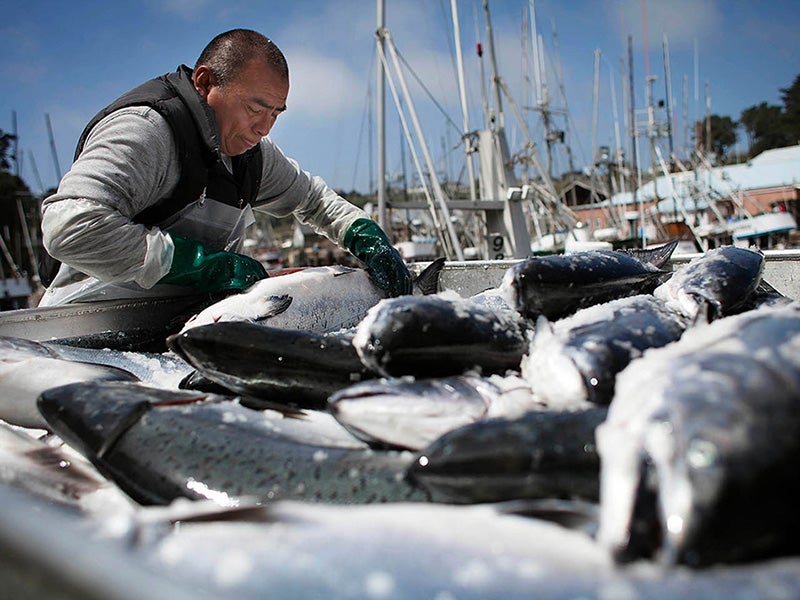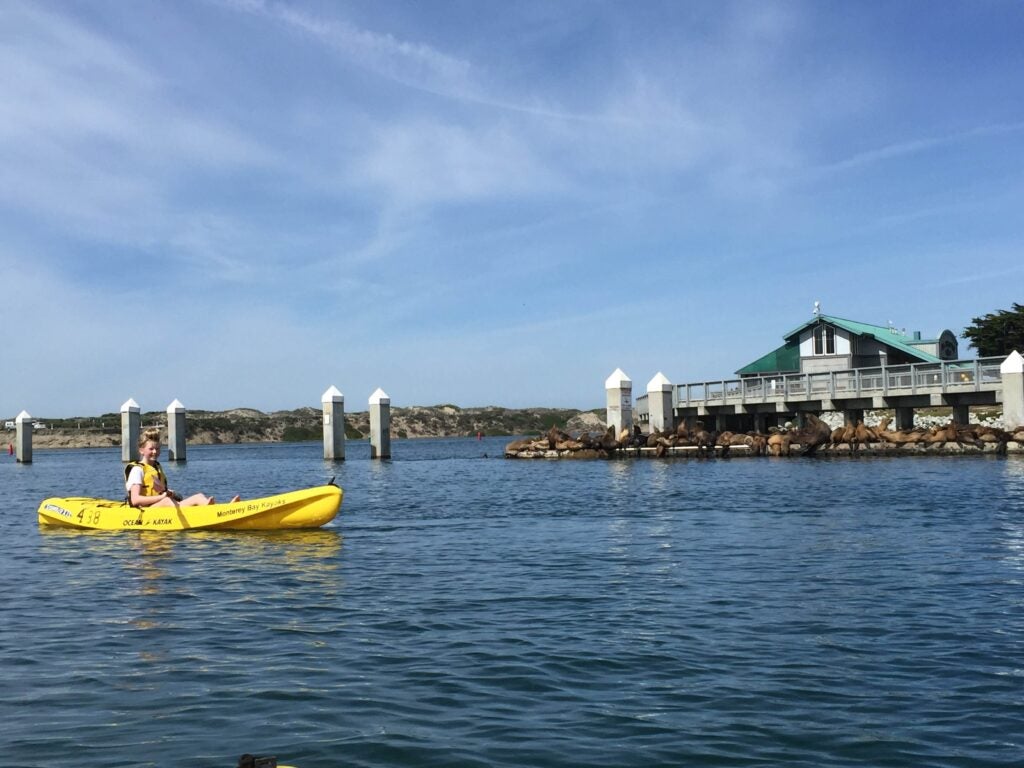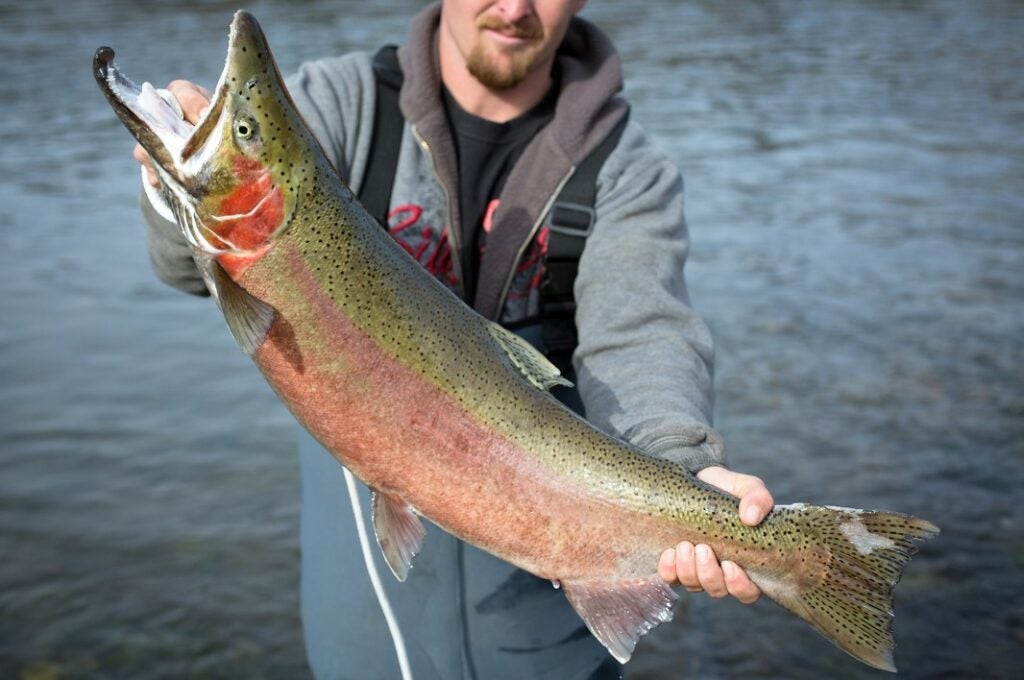Defending the Sacramento-San Joaquin Delta & Biological Opinion
The biological opinion protects not only highly imperiled and federally protected winter- and spring-run Chinook salmon, but also commercially valuable fall-run salmon that are the backbone of California’s commercial and recreational fisheries. The biological opinion set detailed prescriptions for operating the projects for the next 20 years in a manner that will avoid pushing the fish to extinction or further destroying their habitat, while still providing for other uses of Delta water.
Clients
Regional Office / Program
Case Overview
Large San Joaquin Valley agricultural interests and southern California water users compete for water flowing through the Sacramento and San Joaquin Rivers that is also needed by endangered salmon, steelhead and other species. These water users filed lawsuits challenging the opinion’s call for reductions in water exports from the Delta during critical times for young migrating salmon, primarily January through June. The fishing groups, conservationists, and a Native American tribe joined together to help defend the biological opinion from these legal challenges.
The biological opinion protects not only highly imperiled and federally protected winter- and spring-run Chinook salmon, but also commercially valuable fall-run salmon that are the backbone of California’s commercial and recreational fisheries. All salmon runs went into a tailspin over the past decade due to excessive siphoning of water from the Delta, primarily for use by corporate farms in the San Joaquin Valley. Water management rules were strengthened in 2009 and the fisheries have been slowly rebuilding. This progress will likely be lost if water users once again weaken water withdrawal rules to their advantage.
On June 4, 2009, the National Marine Fisheries Service released a biological opinion including protective measures for Sacramento and San Joaquin River Chinook salmon and steelhead runs. This opinion replaced one issued in 2004 by the Bush administration over the objections of federal fisheries scientists that sent salmon runs into steep decline. Fishermen, environmentalists, and the Winnemem Wintu Tribe, represented by Earthjustice and the Natural Resources Defense Council, successfully challenged the Bush era plan in court. Salmon declines that occurred under the all-time high water diversions allowed by the earlier plan forced fishery managers to close North Coast salmon fishing for the first time in the history of the state in 2008 and 2009, an extremely limited season was permitted in 2010. The economic and social impacts of these unprecedented closures to coastal fishing communities have been devastating.
The 2009 biological opinion clearly shows that excessive water diversions in the Delta jeopardize endangered salmon, steelhead, green sturgeon, and even southern resident killer whales, which feed on salmon at sea.
The biological opinion set detailed prescriptions for operating the projects for the next 20 years in a manner that will avoid pushing the fish to extinction or further destroying their habitat, while still providing for other uses of Delta water.

Case Updates
Case page created on February 25, 2005.

